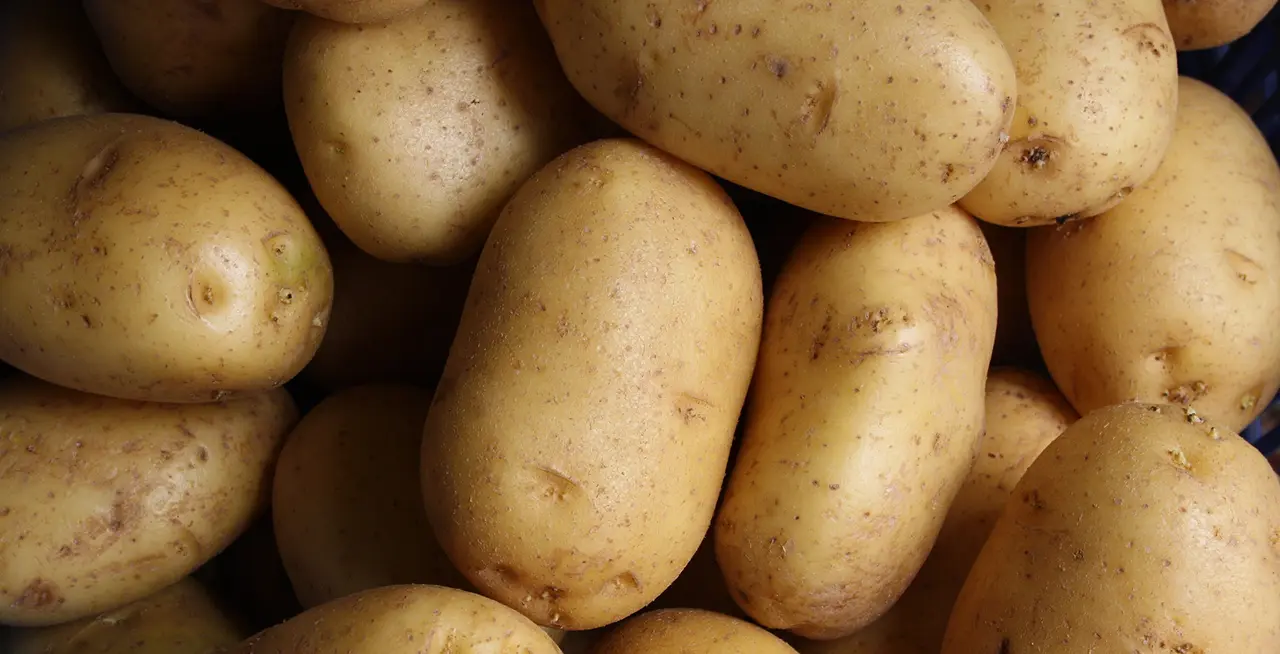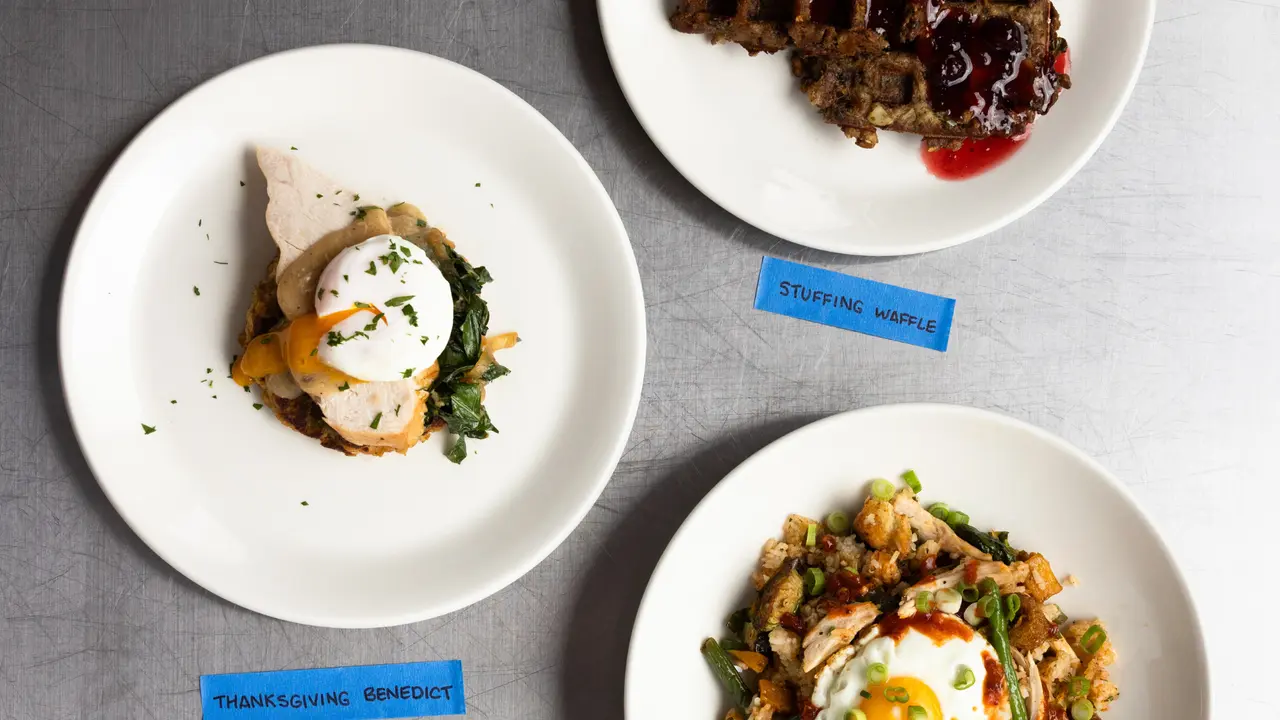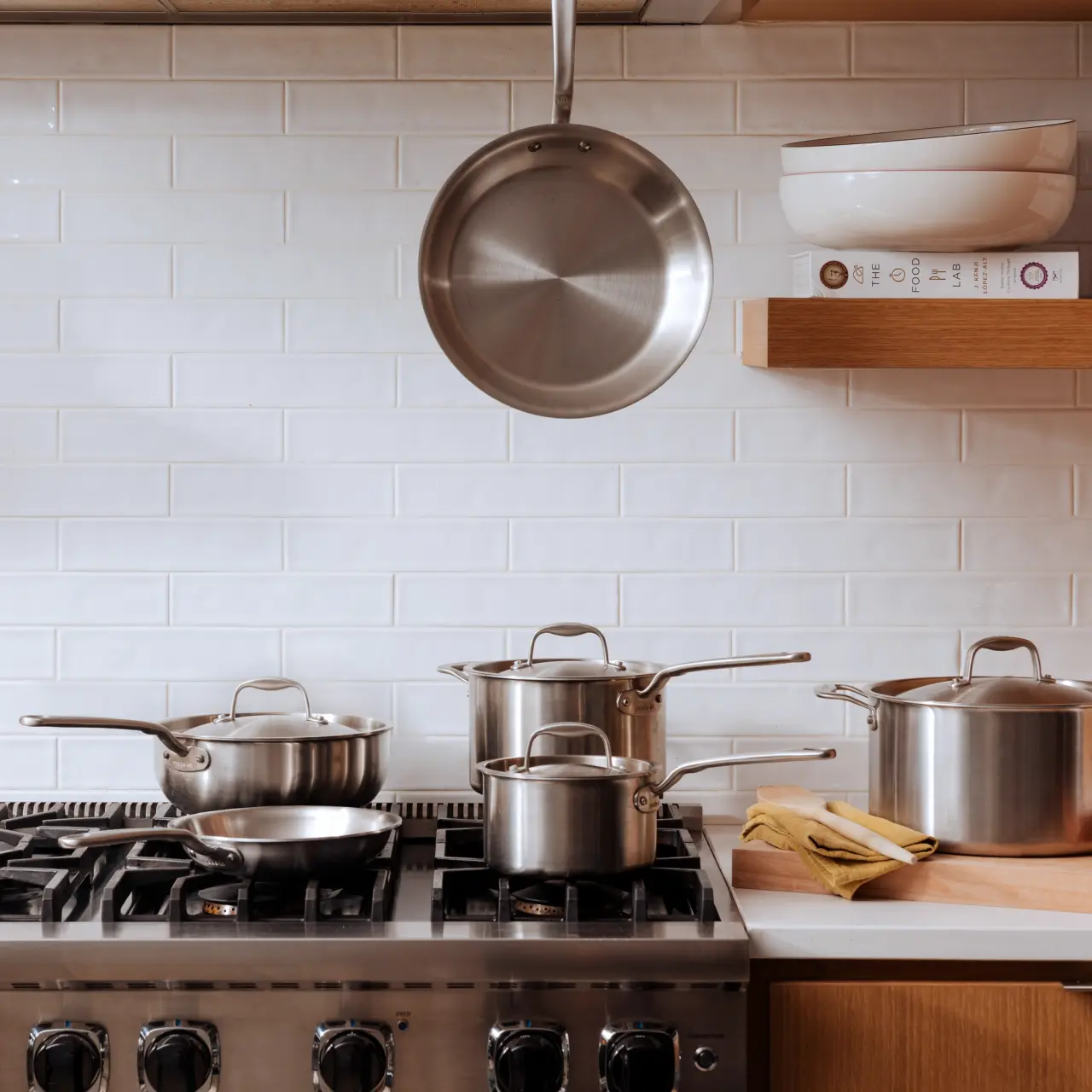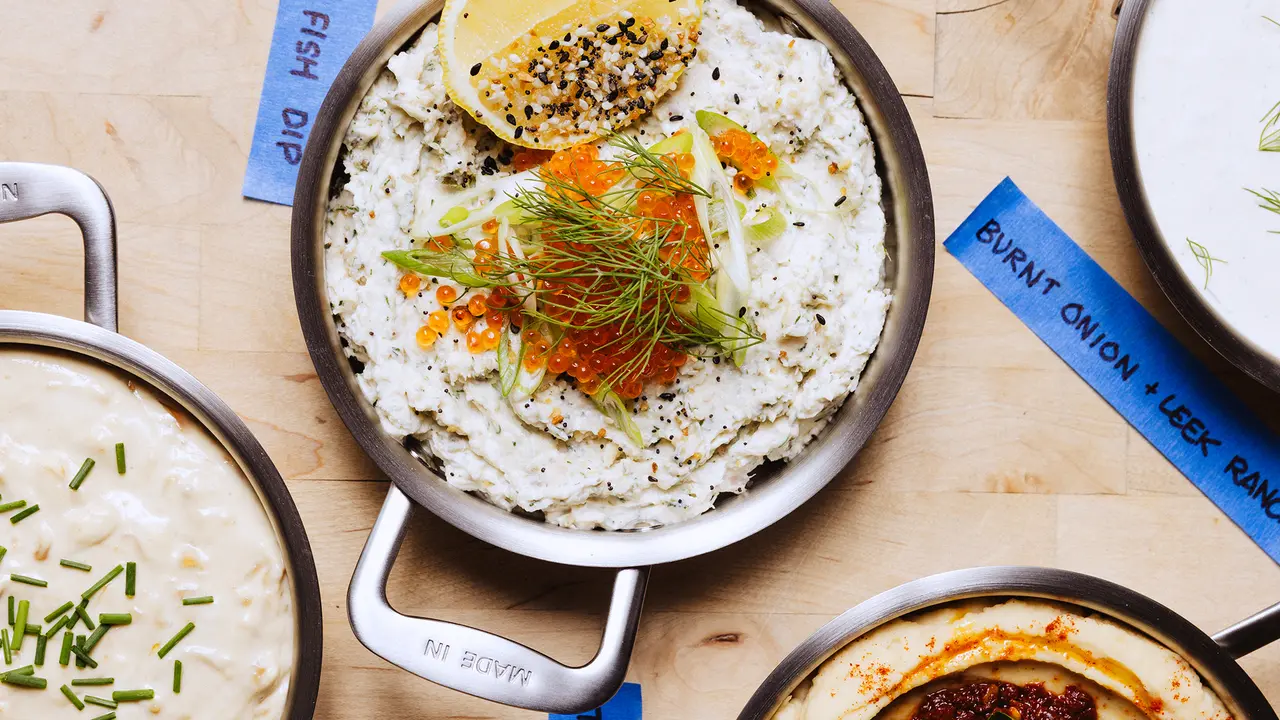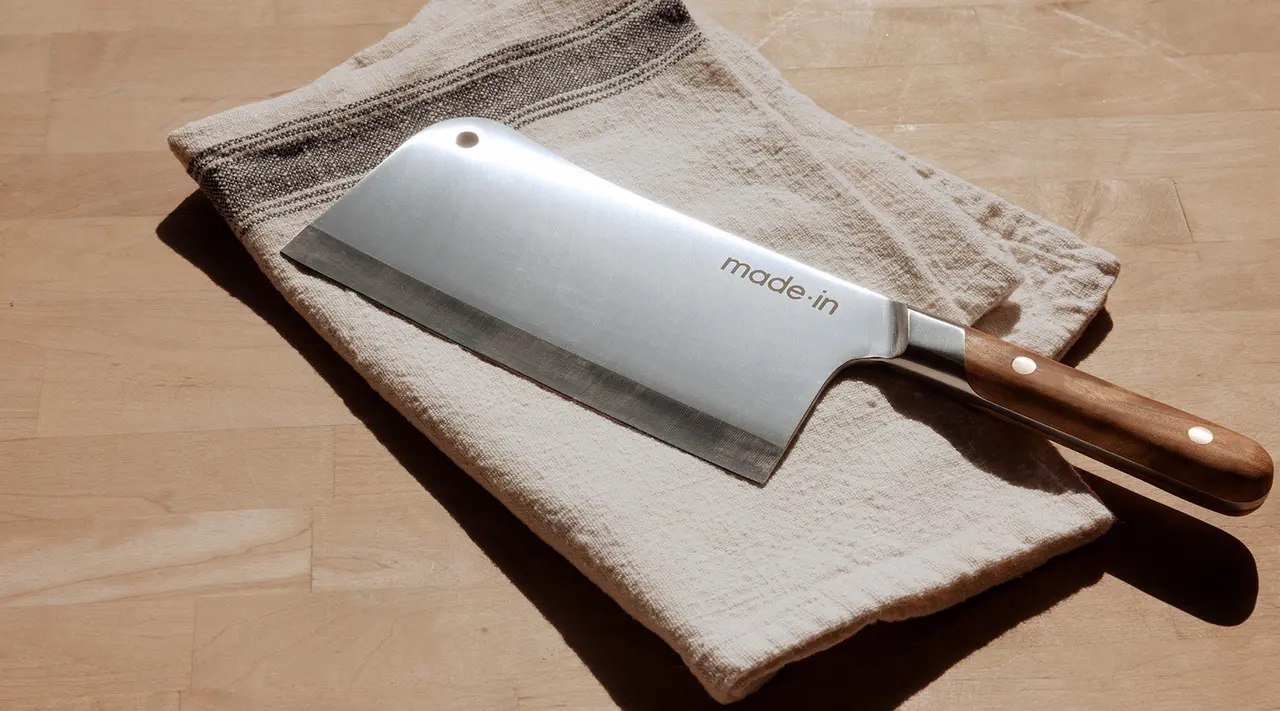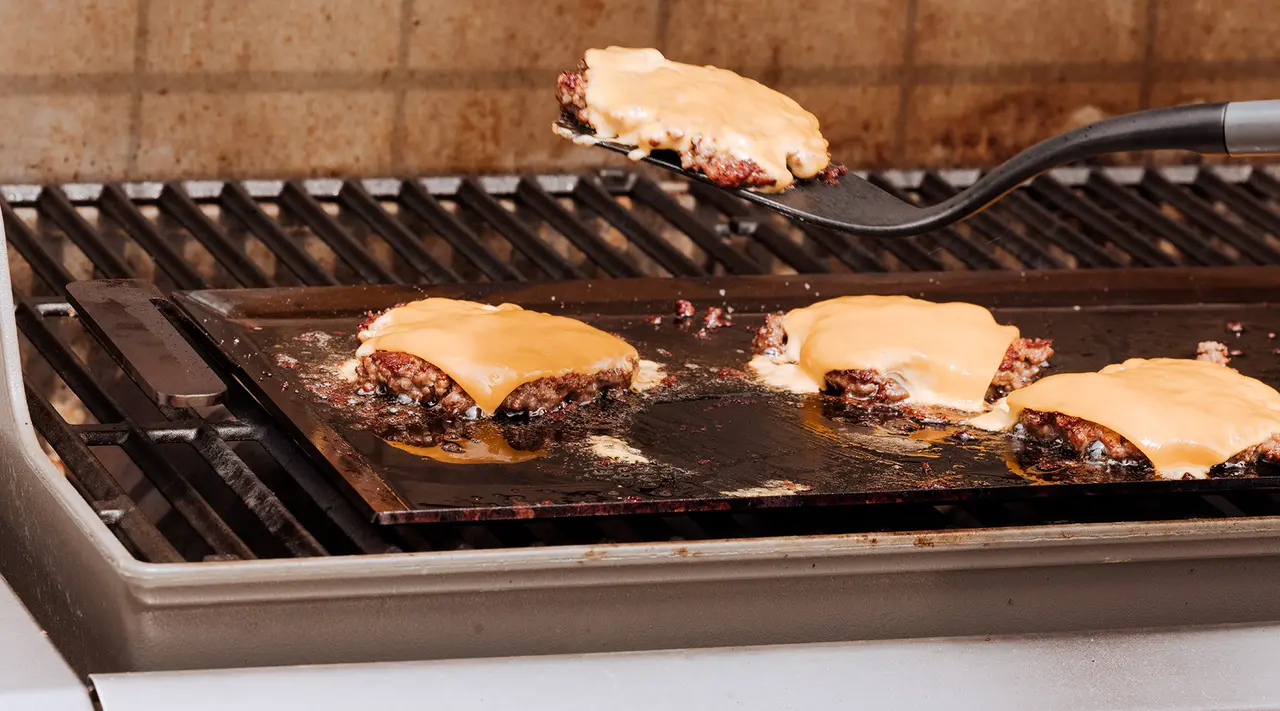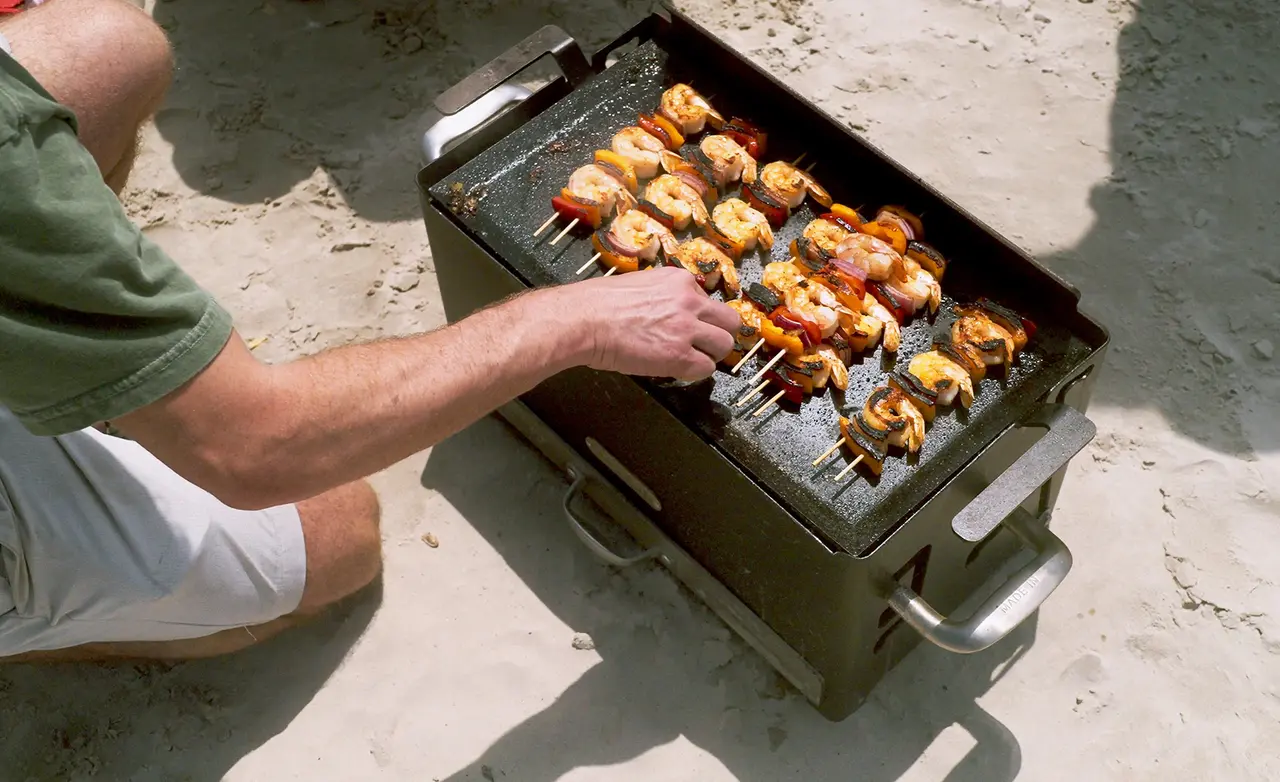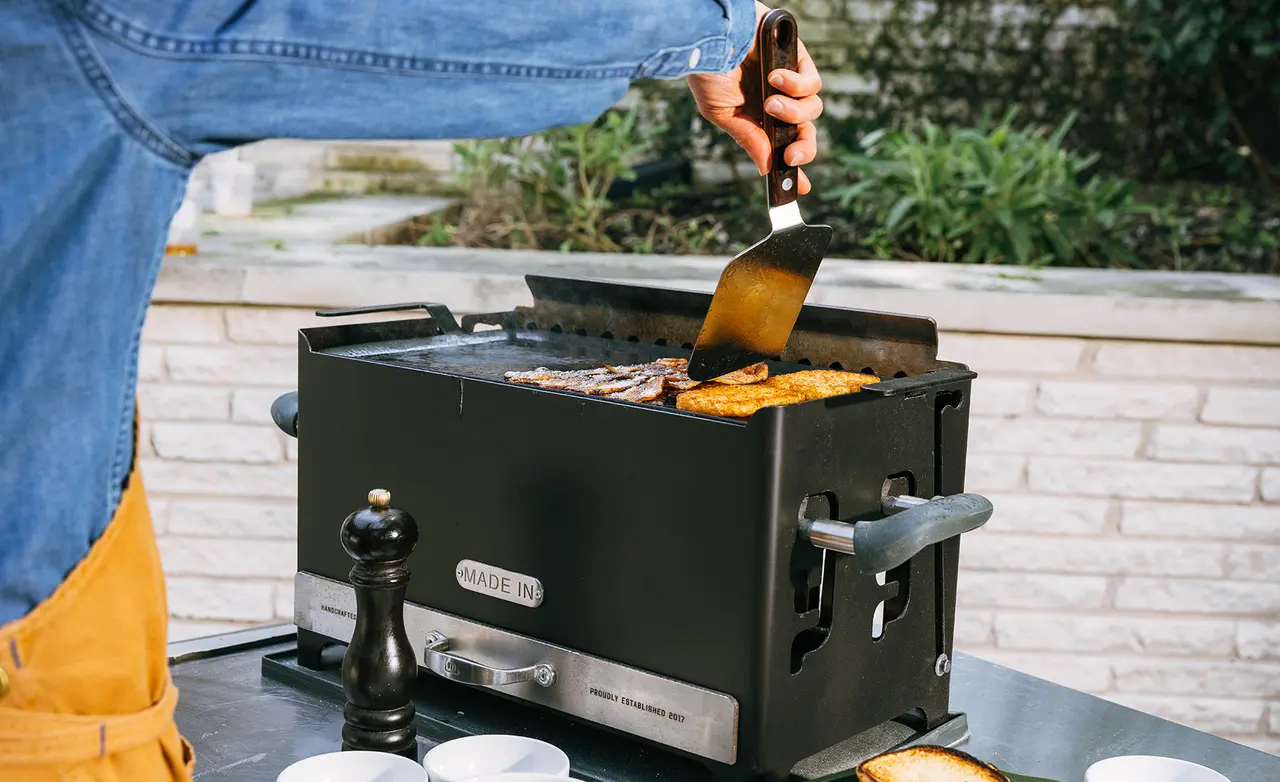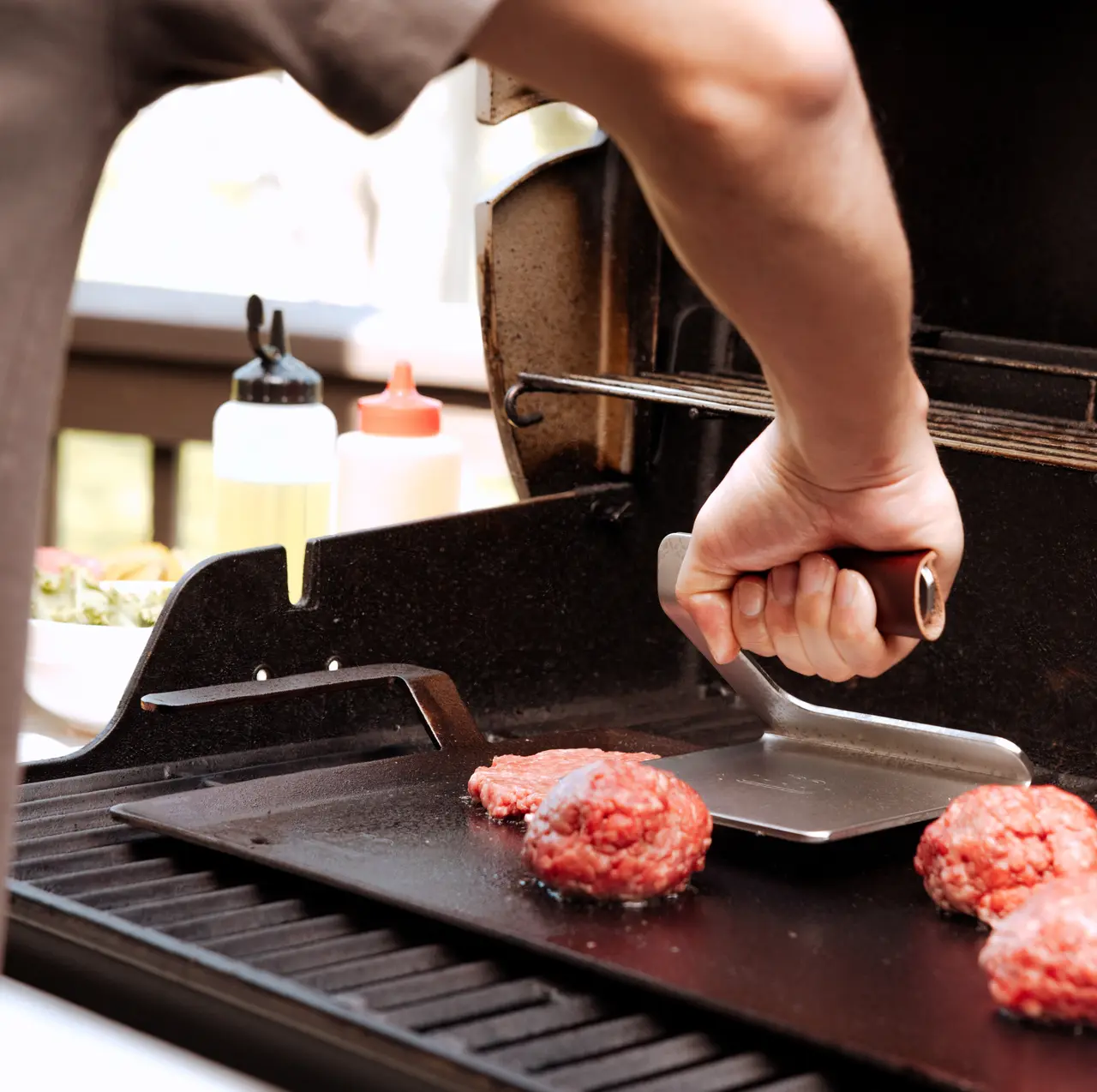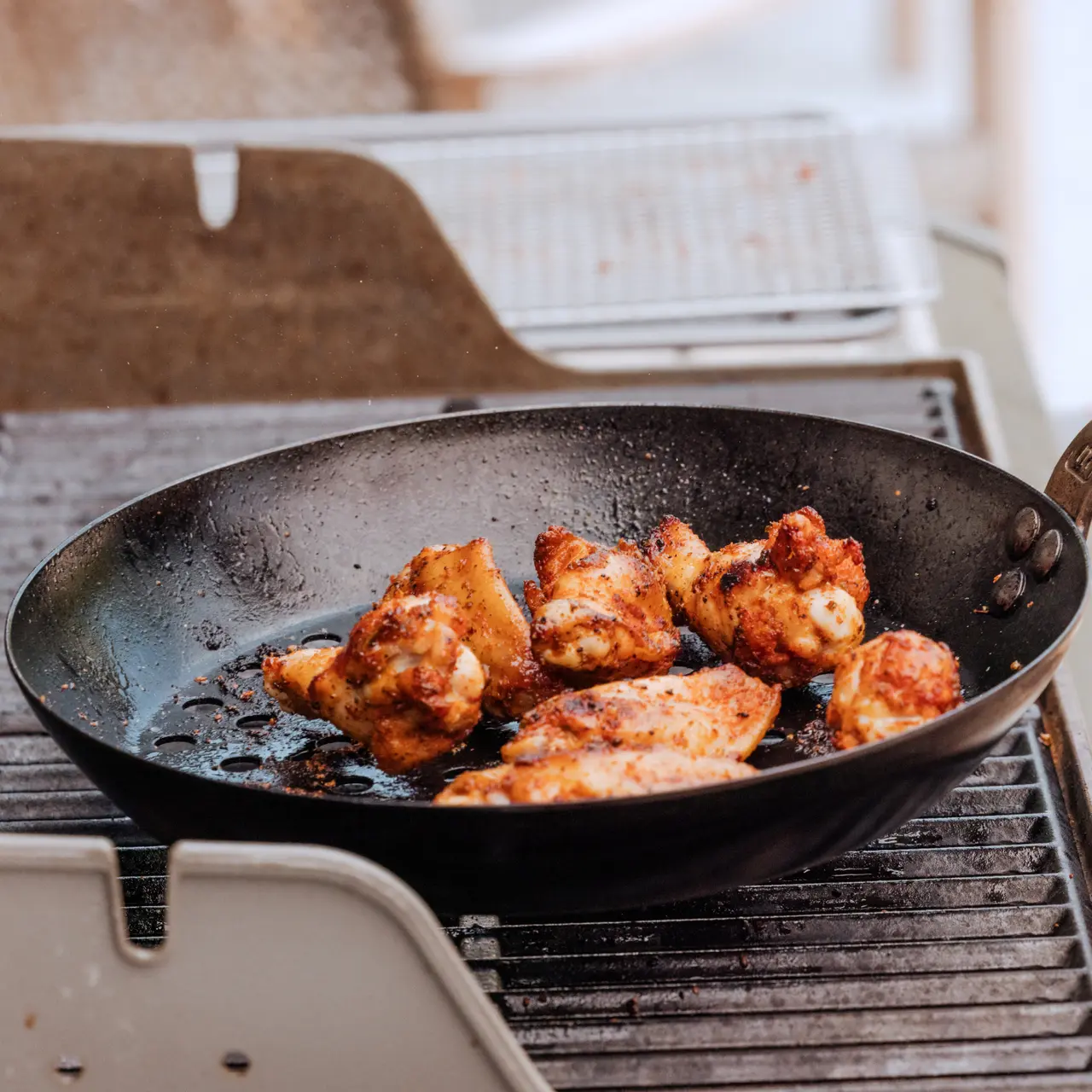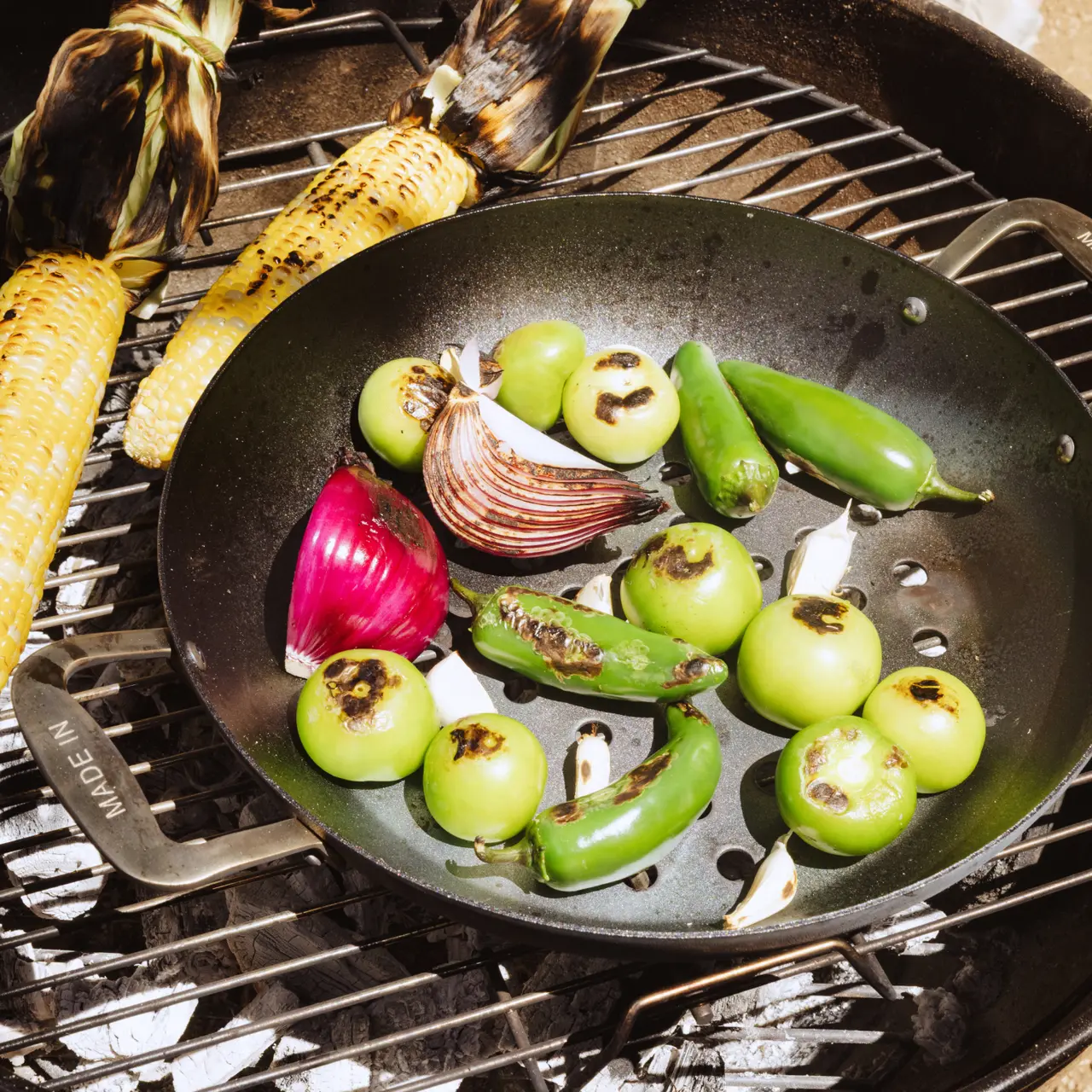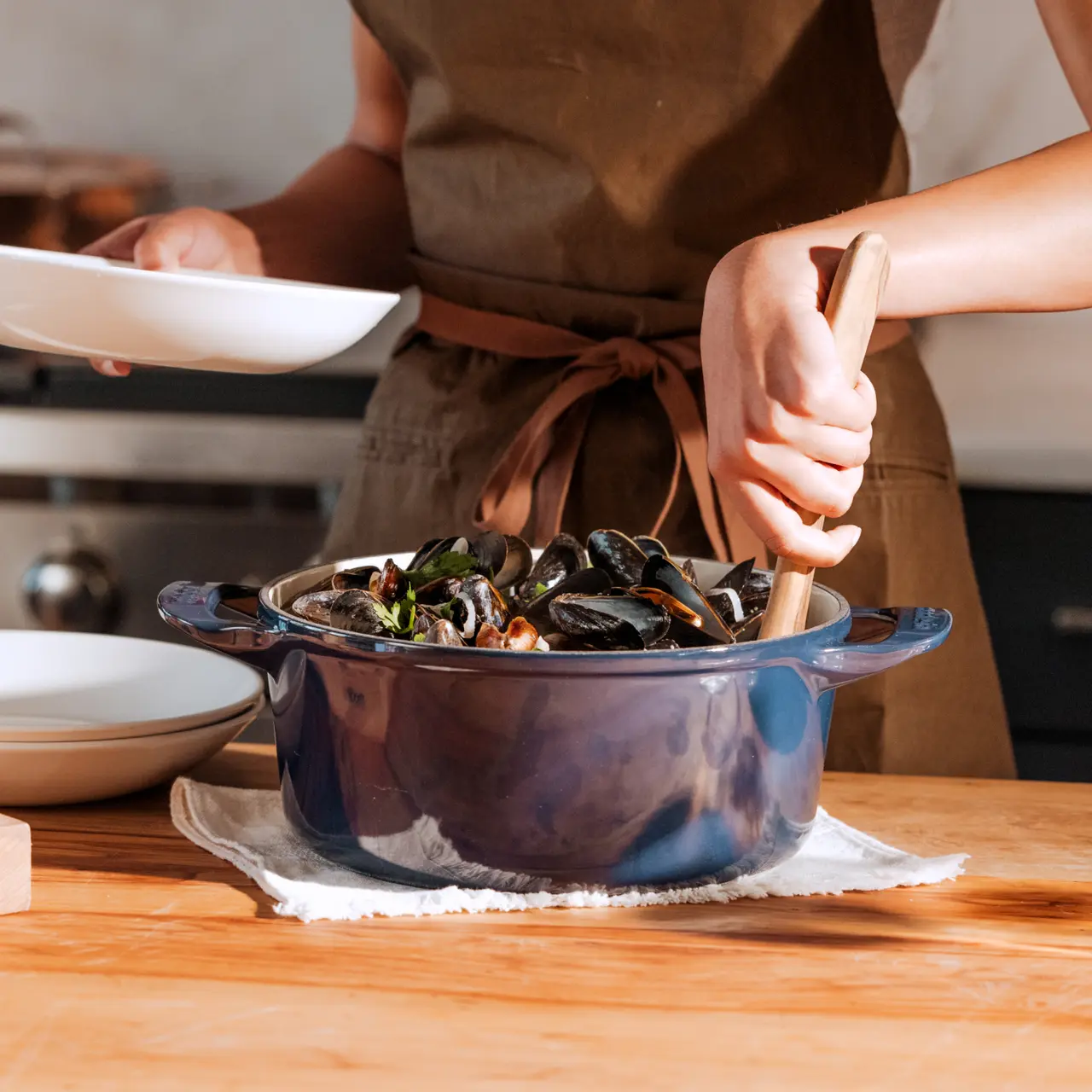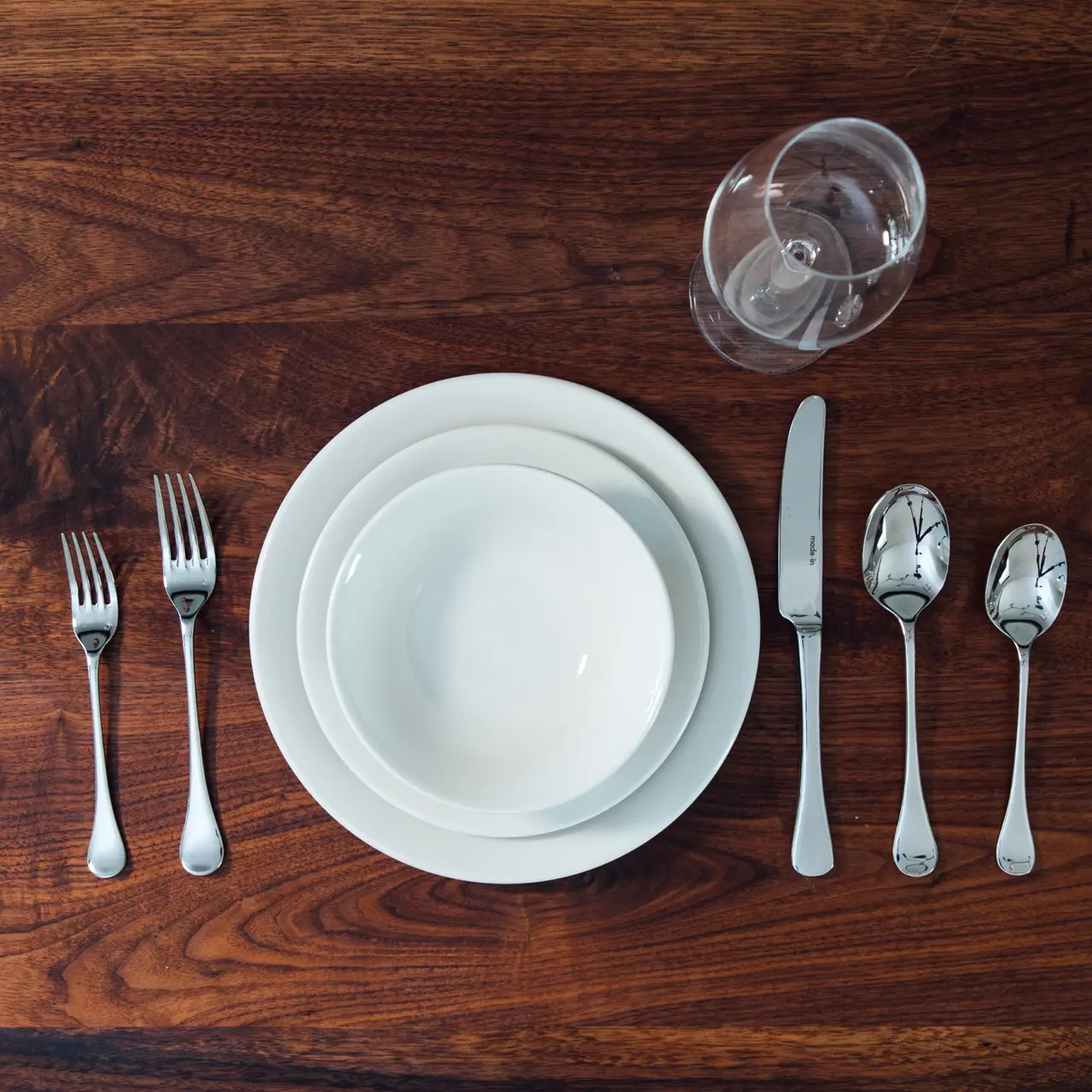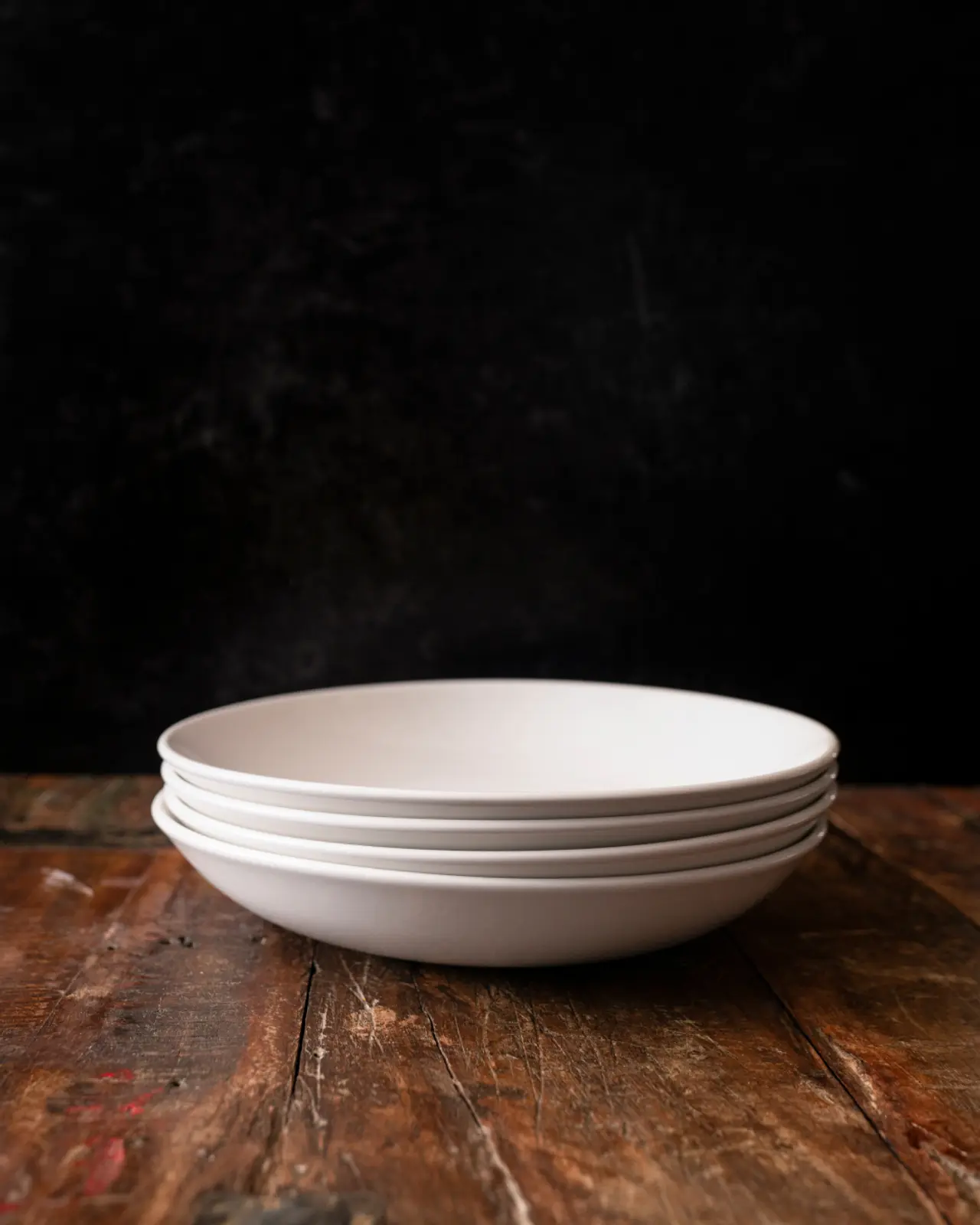No holiday feast or Sunday roast is complete without a hefty scoop of mashed potatoes. But when there are so many types of spuds to choose from, how do you know where to start? While almost any potato will get the job done, the type of potato you choose will affect the taste, texture, and even the cooking time of your dish.
With the right kind of potato, you can achieve silky, scoopable results with the richest flavor. Read on to learn about our preferred potato for optimal mashing.
What Is the Best Potato for Mashing?
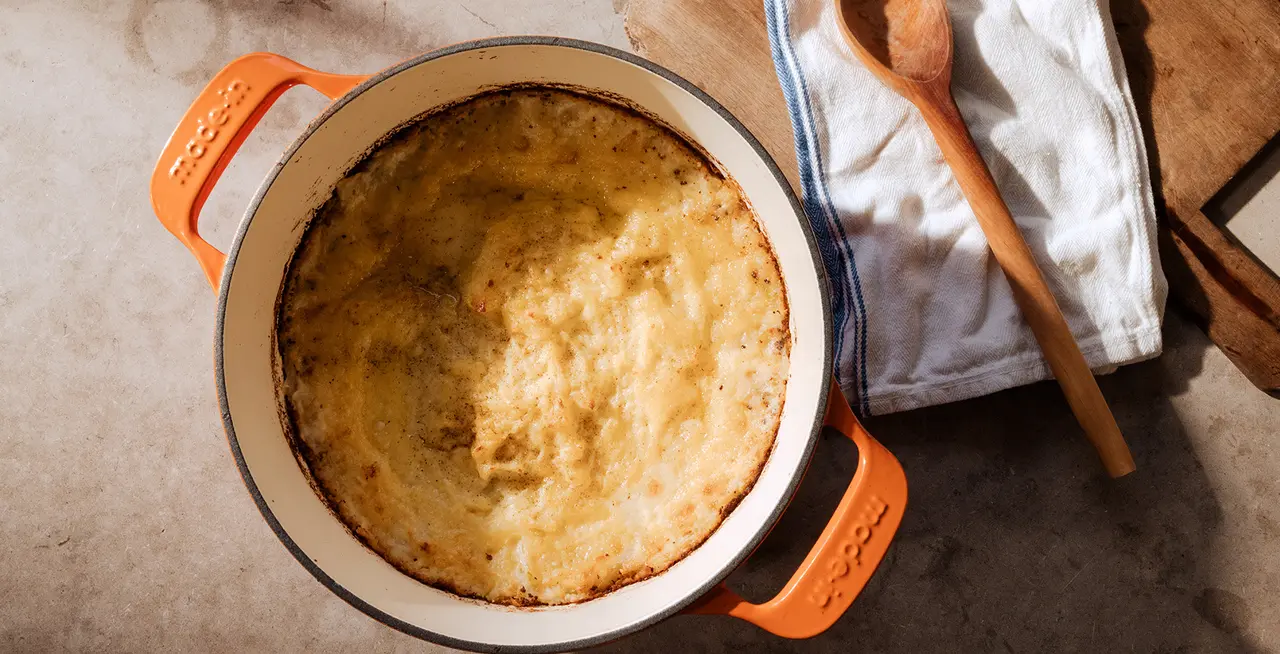
When it comes to taste, texture, and versatility for recipes, Yukon Gold is the clear winner. Where a russet potato is heavy with starch—the sugary binding agent responsible for the density and carbs of each spud varietal—Yukon Golds fall lower on the starch scale. This, plus the Gold’s waxy texture and subtle buttery flavor, lends extremely well to mashing.
Yukon Gold potatoes can be mashed with the skin on or off. Keeping the skin on will add extra texture, and unlike the skin of russet potatoes, it’s waxy and smooth rather than gritty.
Potatoes can go from beautifully mashed to gloopy mush in seconds thanks to the reaction of starch when it’s broken down and worked. When working with starchy potatoes, the more they are processed, the more the starch will release and absorb added ingredients like cream and butter. Yukon Golds are able to withstand mashing better than other potato options, but it’s still important to avoid over-mixing with appliances like blenders or hand mixers.
What Other Varieties are Good for Mashing?
Any potato can be mashed, but some yield better results than others. Russet potatoes are high in starch, making them good for baking. When mashed however, they can easily become waterlogged and gluey if the wrong boiling or mashing techniques are used. But when gently mashed, russets achieve a fluffy texture much like the classic boxed potato flakes and a flavor subtle enough to layer up with lots of cream, butter, and herbs.
Red potatoes are another great option: the thin skin doesn’t need to be removed before boiling, and the final flavor will have a touch of sweetness you won’t find in a russet or Yukon Gold. In a pinch, fingerlings and heirloom varieties can make a decent mashed potato, but we recommend saving these delicate tubers for smashed or roasted sides.
Potato Mashing Tips
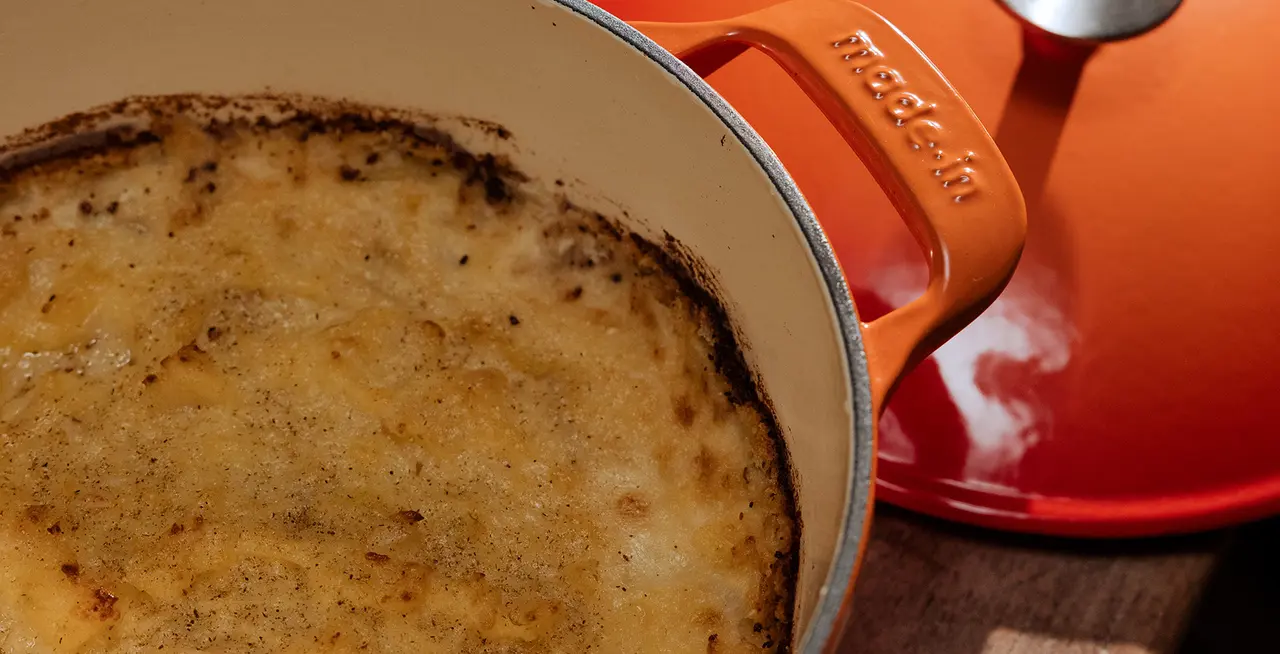
Mashing potatoes may seem self-explanatory and it largely is—boil potatoes, add dairy and seasonings, and mash. Besides your choice of potatoes, there are a few other things you can do to consistently improve this side dish. . Here are three additional tips to achieve the best results every time.
1. Salt the Water
Set yourself up for success starting with the cooking process. Don’t be afraid to add a few big pinches of salt to your water when boiling the potatoes. Be sure to do this once the water is already boiling—especially if you're cooking with Stainless Clad—or else you run the risk of pitting.
Because they spend less than 15 minutes in the water, you don’t have to worry about oversalting the spuds. In fact, boiling them with a generous amount of salt will improve the final taste of the mashed potatoes.
2. Use the Right Tool
The tool you decide to use depends on the consistency of mashed potatoes you’re hoping to achieve. For a completely smooth consistency with no lumps, try a potato ricer, which forces the soft potatoes through tiny, uniform holes (much like a garlic press). If you choose the ricing method, be sure to peel your potatoes pre-boil or the skin will get stuck in the holes.
For more control over the mash, we recommend an old fashioned potato masher. Use a rocking motion and a little elbow grease, and don’t forget to turn your mashing vessel as you work, applying even pressure until those potatoes are mashed and ready for cream and butter. In a pinch, a fork will do the trick as a stand-in masher, though it may take longer.
3. Don’t Overwork
Whether you’re using a masher, a ricer, or even a fork, it’s crucial to stop when the potatoes have just reached a smooth consistency— or before, if you don’t mind a more rustic take. If you over-mash, the starch in the potatoes runs the risk of becoming unpleasantly gluey, no matter which type of potato you’re using.
Ready to Cook?
Now you have all the tools you need to turn Yukons into your best holiday side yet, like Chef Melissa Perello's recipe for Mashed Potatoes with Caramelized Fennel and Garlic.
